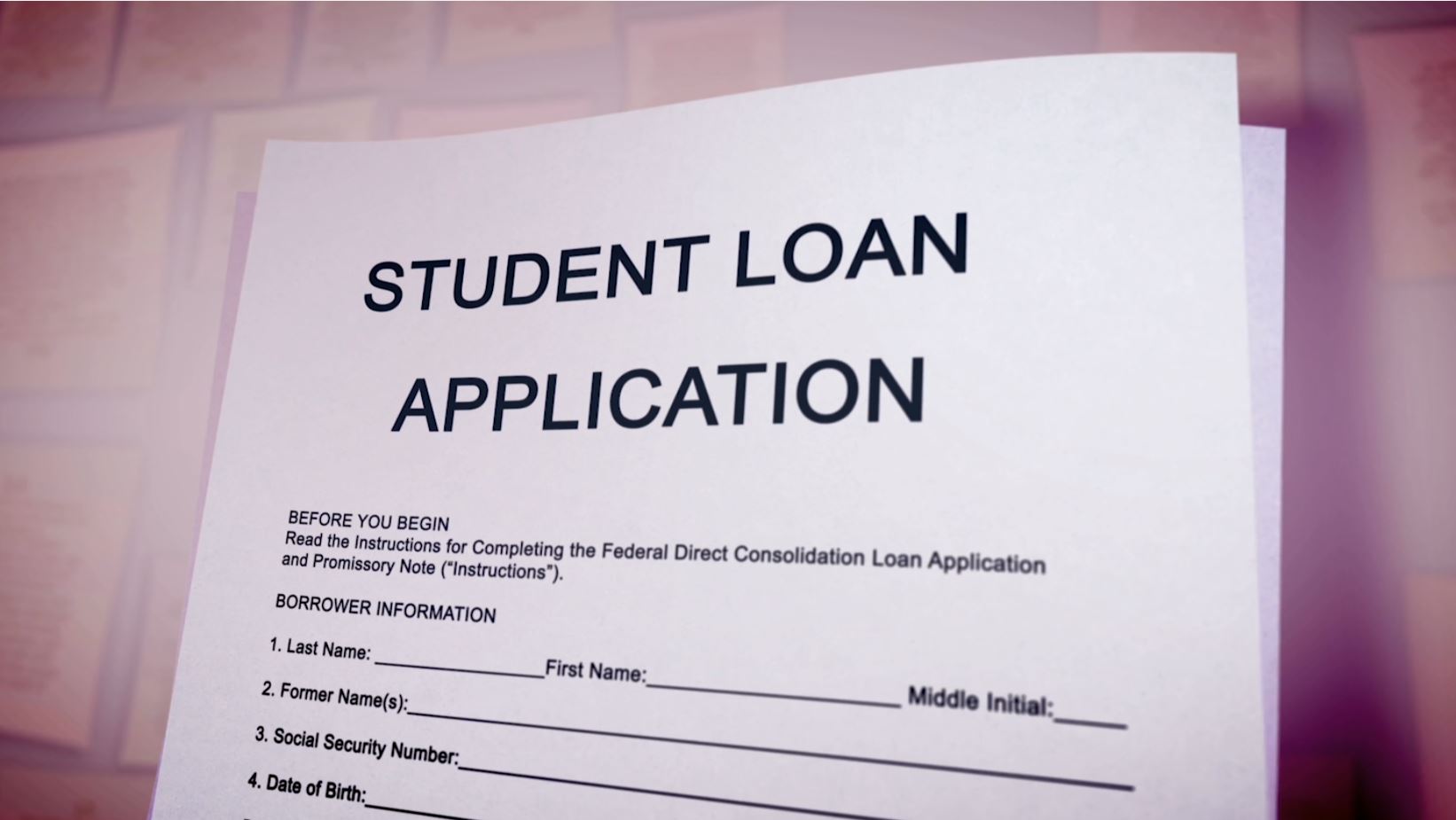The Temecula Valley Unified School District is once again involved in a major controversy, with board members facing a lawsuit for allegedly censoring what students can learn about.
The details of the lawsuit were made public in a Wednesday morning press conference. The suit is directed at the Temecula Valley Unified School District board of trustees for passing Resolution 21 in December. Critics say the resolution bans any teachings of critical race theory or systemic racism.
"This morning, public counsel and the law firm Ballard Spahr are filing the first-ever civil rights action in California, challenging the imposition of curriculum censorship of what students can learn about American history, about racial and gender subject matter, and about their racial and gender identities,” public counsel Mark Rosenbaum said.
The suit is being filed on behalf of several parents, teachers and students, as well as the Temecula Valley Educators Association. Resolution 21 was passed by the board's Christian conservative majority – Joseph Komrosky, Jen Wiersma and Danny Gonzalez. The two other board members voted no.
Get San Diego local news, weather forecasts, sports and lifestyle stories to your inbox. Sign up for NBC San Diego newsletters.
In a statement, Komrosky said, “I do not believe that CRT [critical race theory] or any racist ideology is a suitable educational framework for classroom instruction at the elementary and secondary level.”
He added that he and the board will address and respond to the lawsuit during the judicial process.
Attorneys fighting Resolution 21 say it is a clear violation of California's censorship and anti-discrimination statutes.
U.S. & World
"The board should be encouraging students to weigh competing viewpoints and think for themselves. Instead, it has enacted a resolution that denies Temecula students the ability to think critically, to act empathetically and distinguish fact from fiction,” public counsel Amanda Mangaser Savage said.
During the press conference, teachers read statements from students. Jennee Scharf said that after Resolution 21, “productive conversations around racism, prejudice and bigotry were absent from almost all of my classrooms.”
Teacher Dawn Sibby said some colleagues are afraid they will lose their jobs if they have posters of Civil Rights leaders in their classrooms like San Francisco politician and gay rights activist Harvey Milk, who was assassinated in 1978.
During a past school board meeting, board president Komrosky referred to Milk as a pedophile, a statement Gov. Gavin Newsom later called “ignorant.”
"We are teaching in a hostile work environment. We are being intimidated through this illegal resolution, and our students feel it,” Sibby said.
Parents also voiced opposition to the resolution, including Rachel P.
"This resolution is shortchanging my son's education. Banning viewpoints, banning ideas and books, it just erodes the public school foundation and it robs my son of educational opportunities that he has every right to,” she said.



